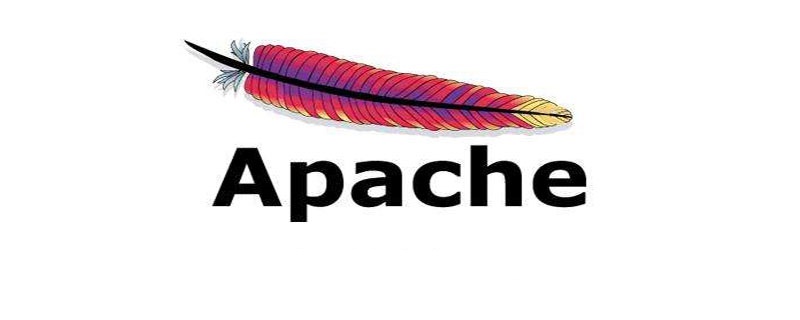
Kali Linux is a Debian-based Linux distribution designed as a digital forensics operating system. Maintained and funded by Offensive Security Ltd. It was first accomplished by Offensive Security's Mati Aharoni and Devon Kearns by rewriting BackTrack, a Linux distribution they had previously written for forensics.

Kali Linux comes pre-installed with many penetration testing software, including nmap, Wireshark, John the Ripper, and Aircrack-ng.[2] Users can use hard disk, live CD or The live USB runs Kali Linux. Kali Linux has both 32-bit and 64-bit images. Available for x86 instruction set. There are also images based on the ARM architecture, which can be used for Raspberry Pi and Samsung's ARM Chromebook (recommended learning: apache use)
The latest version of Kali Linux is 2019.3, and additional support for RTL8812AU network card support
Kali is a complete reconstruction of BackTrack Linux that fully adheres to Debian development standards. A new directory framework, review and packaging of all tools, and a Git tree for VCS.
Kali Linux
· More than 300 penetration testing tools: After reviewing every tool in BackTrack, some tools that are ineffective or have duplicate functions have been removed.
· Free forever : Kali Linux is as free as ever. You never have to pay for Kali Linux.
· Open source Git tree: A loyal supporter of open source software, those who want to adjust or rebuild the package can browse the development tree to get all the source code .
Kali comes with Apache, learn some simple operations.
1. Basic operations
Open:/etc/init.d/apache2 start
Restart:/etc/init.d /apache2 restart
Close:/etc/init.d/apache2 stop
The above is the detailed content of How to install apache in kali Linux. For more information, please follow other related articles on the PHP Chinese website!
 What does apache mean?
What does apache mean?
 apache startup failed
apache startup failed
 The core technologies of the big data analysis system include
The core technologies of the big data analysis system include
 How to remove the first few elements of an array in php
How to remove the first few elements of an array in php
 vscode runs c language
vscode runs c language
 Reasons why css loading failed
Reasons why css loading failed
 Which platform is better for virtual currency trading?
Which platform is better for virtual currency trading?
 What are the inscribed coins?
What are the inscribed coins?